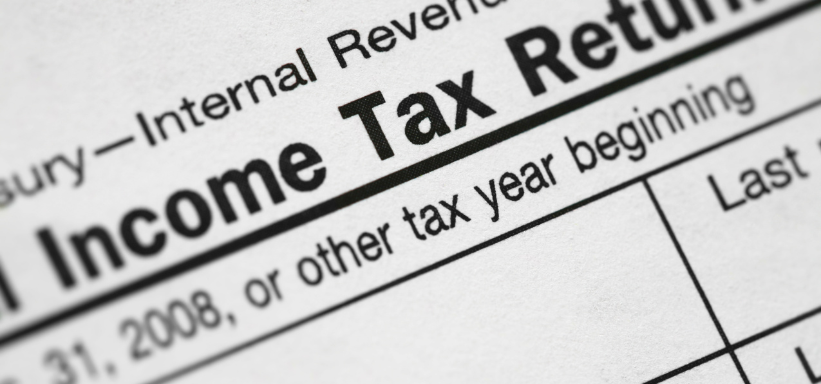Executive Summary
-
Staking rewards are considered taxable income and must be reported on your tax return.
-
The IRS requires specific documentation and valuation methods for reporting staking rewards.
-
Understanding the tax implications of staking can optimize your investment strategy.
-
Proper compliance can prevent penalties and ensure a smooth tax filing process.
Introduction
Cryptocurrency staking has surged in popularity, offering investors the opportunity to earn rewards while participating in blockchain networks. However, as with any form of income, these rewards come with tax obligations. Ignoring these can lead to significant penalties and complications. This article will guide you through the intricacies of declaring staking rewards on your 2025 tax return, ensuring compliance and maximizing your financial strategy.
Definitions / Context
Staking Rewards: Income earned by holding and validating transactions on a Proof-of-Stake (PoS) blockchain network.
Taxable Income: The IRS considers staking rewards as income, which must be reported at the fair market value at the time of receipt.
Benefits / Pros
-
Passive Income: Staking provides a way to earn additional cryptocurrency without active trading.
-
Network Support: By contributing to network security and efficiency, stakers enhance blockchain operations.
-
Potential for Growth: As the cryptocurrency appreciates, so do the value of staking rewards.
Risks / Cons / Challenges
-
Volatility: Cryptocurrency values can fluctuate significantly, affecting tax liability.
-
Complex Reporting: Determining fair market value and keeping records can be complex.
-
Regulatory Changes: Tax regulations on cryptocurrencies are evolving, requiring constant vigilance.
Step-by-Step Process
-
Determine Fair Market Value: Calculate the USD value of your staking rewards at the time they are received.
-
Maintain Accurate Records: Keep detailed records of your staking activity, including dates, amounts, and transaction IDs.
-
Report on Tax Return: Include staking rewards as additional income on your IRS Form 1040.
-
Consult Professional Advice: Engage with tax professionals familiar with cryptocurrency to ensure compliance.
Consider a crypto investor, John, who earned staking rewards from Ethereum 2.0 in 2025. By meticulously tracking his rewards and determining their fair market value at receipt, John accurately reported an additional $10,000 in income, avoiding any IRS penalties and optimizing his tax strategy.
Case Study: John’s Ethereum Staking Compliance
Expert Tips / Strategic Insights
-
Stay Informed: Regulations can change; subscribe to cryptocurrency tax newsletters.
-
Use Tax Software: Platforms like CoinTracker can simplify the process of tracking and reporting staking rewards.
-
Proactive Planning: Consult with a tax advisor at the beginning of the tax year to anticipate potential liabilities.
Tools / Resources / Calculators
-
CoinTracker: A tool for tracking crypto transactions and calculating taxes.
-
IRS Cryptocurrency Guidelines: Stay up-to-date with the latest IRS publications on cryptocurrency.
-
Crypto Tax Calculators: Use online calculators to estimate your tax liability from staking rewards.
Conclusion
Declaring staking rewards on your 2025 tax return involves understanding IRS requirements, accurately valuing your rewards, and maintaining meticulous records. By following the steps outlined, you can ensure compliance and optimize your investment returns. For personalized advice, speak to a tax advisor familiar with the cryptocurrency landscape.

















